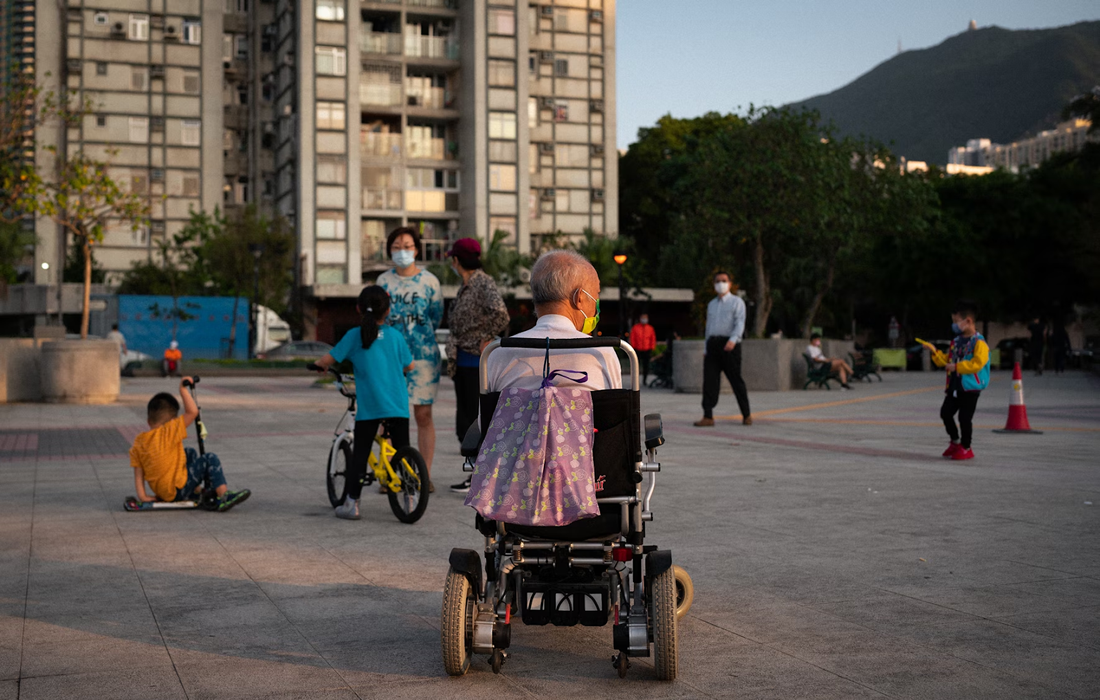Stem Cell Therapy for Specific Conditions
Mesenchymal Stem Cells in ALS Treatment: Clinical Trial Results
Amyotrophic lateral sclerosis (ALS) is a fatal neurodegenerative disease characterized by degeneration and death of motor neurons in the brain and spinal cord, and results in progressive muscle weakness and eventually, respiratory failure and death.
The use of stem cells has been widely studied for multiple health conditions, including ALS. Bone marrow-derived mesenchymal stem cells (MSCs) are multipotent progenitor cells that have demonstrated high therapeutic potential in neurodegenerative diseases. They may enhance neurogenesis, modulate neuroinflammation, and contribute to neuroprotection.
In a study published in the journal Neurology, researchers performed a phase 2 randomized clinical trial, in which they used MSC-neurotrophic factor (NTF) cells (NurOwn, autologous bone marrow-derived MSCs, induced to secrete neurotrophic factor).
Decreased Disease Progression and Neuroinflammation
For the study, the team enrolled a total of 48 participants with a diagnosis of ALS. The patients received MSC-NTF cells delivered by combined intrathecal and intramuscular administration.
Participants were either not receiving riluzole or were on a stable dose for ≥30 days, had the ability to lie flat for the IT cell transplant procedure, and had at least some limb weakness due to ALS. They received 125 Million MSC-NTF cells in a 5 mL syringe and 48 Million MSC-NTF cells intramuscularly.
Participants were asked to maintain a Trendelenburg position for up to 2 hours after the transplantation.
21 of the participants were considered rapid progressors and after the therapy, the rate of disease progression was improved. The team also found that cerebrospinal fluid (CSF) neurotrophic factors increased and CSF inflammatory biomarkers decreased in treated participants post-transplantation.
According to the researchers, the improvement was most prominent immediately after the transplantation and gradually decreased toward the end of the study, suggesting the need for repeated treatments to maintain a sustained therapeutic effect.
Overall, the therapy was safe and well-tolerated with no major adverse events reported. The team is planning on a phase III trial to evaluate the therapy in a larger group and to see if the therapy is a better option than current therapeutics.
Source:
Berry JD, Cudkowicz ME, Windebank AJ, et al. NurOwn, phase 2, randomized, clinical trial in patients with ALS: Safety, clinical, and biomarker results. Neurology. 2019;93(24):e2294-e2305. doi:10.1212/WNL.0000000000008620
Image from:

